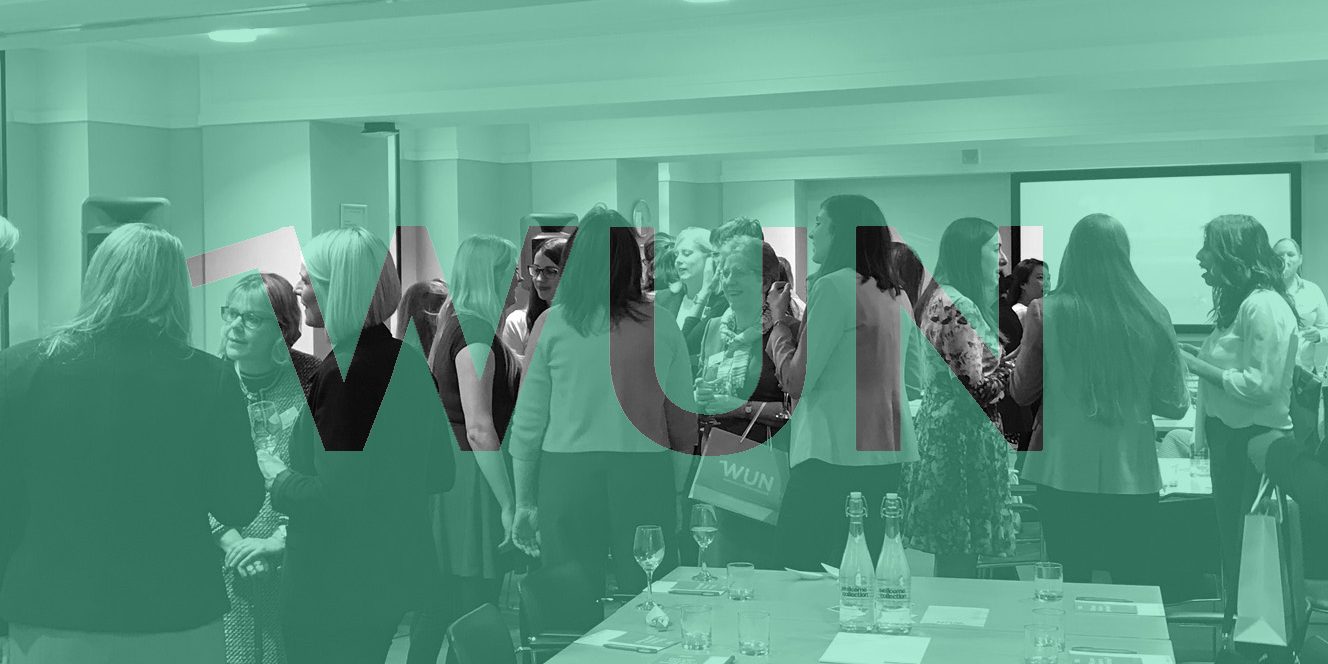78% of major Energy companies have no women Executives on their boards: Why?

78% of major Energy companies have no women Executives on their boards: Why?
When reading the latest gender diversity statistics for the Energy sector, collated and published by PowerfulWomen, it was striking that the only real element of good news was the fact that the report had been commissioned and published in the first place.
It seems incredible that in 2020 of the top 80 UK energy companies, apparently 78% have no women Executives on their Boards. Of the same companies 28% have no women at all on their Boards in Executive or Non-Executive positions.
The gap between these two statistics is striking. Whilst it is good that increasingly companies are addressing the ‘gap’ by appointing women as non-executives, the day to day leadership and management of the majority of our major energy companies involves either none or a token woman. And many of the non-executive roles are being filled by women from outside the sector. It is not a good picture if you are trying to build your career in the sector as a woman. Lack of role models gives a clear message that it may be easier to seek your fortunes elsewhere.
Whilst the statistics look woeful, you can guarantee that the vast majority of these businesses have diversity as a key objective, internal women only networks, and are making all the right noises about improving the statistics. The men at the top of the organisation are nearly always committed to improving the balance and wondering why year after year the gap is not being materially narrowed.
The Women’s Utilities Network (WUN) may be able to provide some clues. The purpose of the Network is to develop and encourage women (in both energy and water) and importantly to both attract and retain women within the Utilities sector. The Network is predominantly made up of the pipeline of future managers and leaders working in the sector and has a membership of almost 2,500 women.
There are strong themes which consistently emerge across the Network, at all levels of seniority, which are as important as pure statistical evidence. They reflect how women feel about the sector and the environment in which they work:
- Resilience and staying power: Being the only woman in a room full of men is exhausting. The woman immediately stands out and is therefore often treated differently- positively or negatively. The conversation and language is often ‘man talk’, so do you join in the banter or sit quietly? Showing emotion is generally frowned on, so women are often badged as ‘over emotional’; ‘feisty’ or ‘quiet’. If those women were in a room full of women (or even half full) their behaviour would not stand out. But being the odd one out takes it toll and for this reason many women leave the sector or step out of corporate roles before reaching the very top.
- Imposter syndrome: Women, to a certain extent, are their own worst enemies. Naturally, they want to feel 100% confident that they know their stuff before putting themselves forward. Meanwhile, their male colleagues (many of whom also suffer, but to a lesser extent) surge forward with hubris and misplaced confidence. Neither are right or wrong, just different. But it is the women, sometimes through their own reticence, that ultimately get left behind. It’s not to do with talent, it’s all to do with perception.
- Babies and other caring responsibilities: We can’t get away from the fact that women are the ones who have babies. Many women in WUN are working mothers and there is a lot of discussion around the challenge of being ‘superwoman’ forging a career and being a mother (and wife/partner) all at the same time. It is not exclusive to women, but in the main the bulk of caring responsibilities- or at least organising them- fall to women. But, the fact is that many have and do achieve it all, and really don’t lose their ability to do a great job in the process. It is entirely possible. Yes, flexibility is required at times, but that works both ways. Too many times becoming a mother is seen as the death knoll to promotion. Inappropriate and false assumptions are made (by both men and women). A more supportive environment and challenging these assumptions would make a huge difference. As we emerge from Covid with a fundamental shift in working practices (and previously held assumptions) there is a real opportunity for businesses to change the way they do things to support parents better.
- Untapped Talent: The buzz in the room at any WUN event and the quality of presentation, insight, knowledge and personality is tangible. There is a huge talent pool of women working in Utilities, who are facing similar career challenges but inherently have the capability to move into Executive roles. The Founders, after every event comment on how ‘brilliant’ people are that they have met or listened to. The pool of Advocates for WUN supporting all that the network does, showcases this talent on an ongoing basis. With 2,500 members (and growing) there is no lack of female talent in the sector. It is great to see increasing numbers of businesses tapping into this pool through their partnerships with WUN but there is a lot more to do.
Many of the real barriers to gender diversity at board level are intangible environmental factors, not lack of policy or intent. The more Energy businesses can focus on addressing these, the smaller the gap at the top will become.